by Daniel Clark in Plant Based News…Plant-based foods are “the future,” according to the country’s Minister for Food
Insufficient pollinator visitation often limits yield in crop systems worldwide
by Katherine J. Turo in Nature….Declining pollinator populations could threaten global food production, especially if current crop yields are limited by insufficient pollinator visitation to flowers, in a phenomenon referred to as ‘pollinator limitation’.
Canada’s 2023 wildfires outsmoked global aviation, yet emissions go uncounted
by Liz Kimbrough in Mongabay….The climate crisis appears to be driving this trend toward more extreme fire seasons. Higher temperatures caused by climate change dry out the landscape and make forests more susceptible to fire. The researchers point out that Canada and other northern regions are warming up about twice as fast as the rest of the world.
Reporting on Doomsday Scenarios
from 60 Minutes….From 2022, Jon Wertheim’s report on “preppers” who are gearing up for extreme catastrophes.
Millaray Huichalaf: Mapuche woman’s 15-year defence of a sacred river
by Ali Qassim in LAB…Mapuche leader Millaray Huichalaf defends the Pilmaiken River through legal challenges, international alliances, and the arts
Extreme wildfires have doubled in 2 decades, study finds
by Austyn Gaffney in The New York Times…In a changing climate, extreme wildfire events are becoming far more common and more intense, according to a new analysis.
More in this category
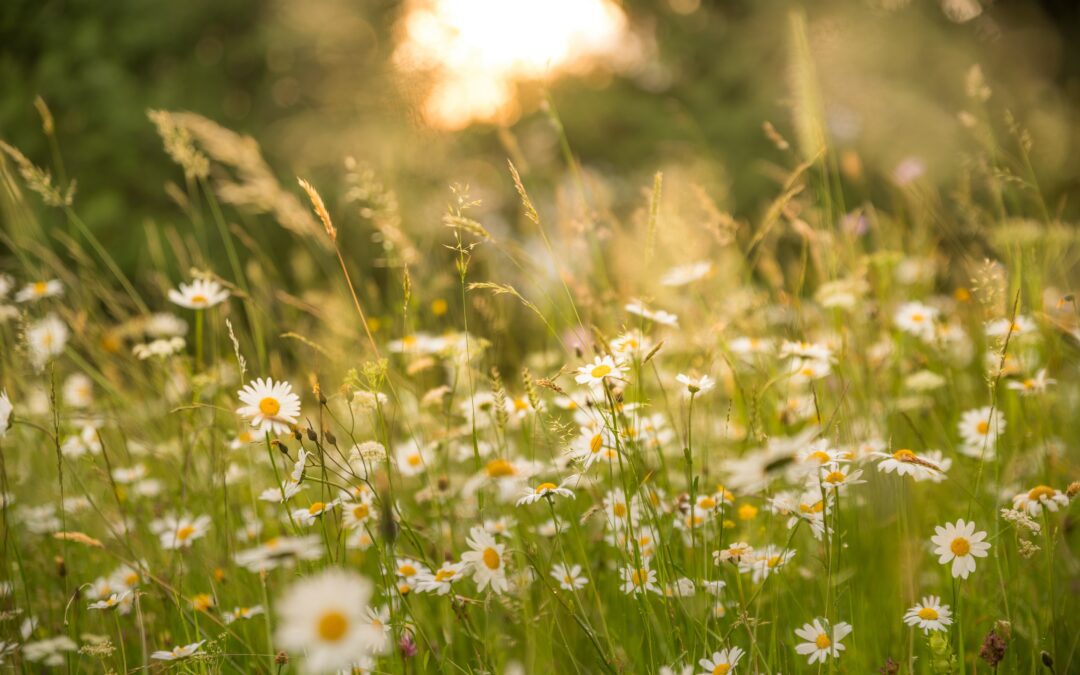
How a moment in a meadow seeded a global movement: Earth Jurisprudence explained
Over the past two decades, Earth Jurisprudence has challenged the dominant conception of law and ethics, inspiring innovative legal provisions at local, national and international level that recognise humans’ participation in, and responsibility to, the wider web of life.

The collapse of insects
The most diverse group of organisms on the planet are in trouble, with recent research suggesting insect populations are declining at an unprecedented rate.
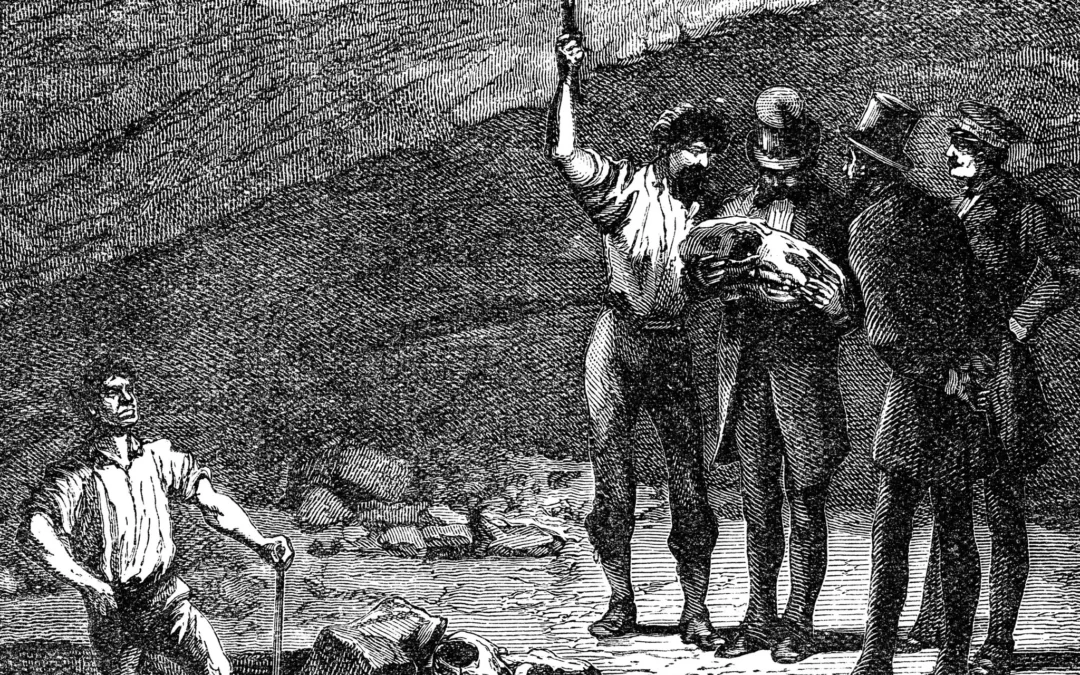
For planet Earth, this might be the start of a new age
A panel of experts has spent more than a decade deliberating on how, and whether, to mark a momentous new epoch in geologic time: our own.
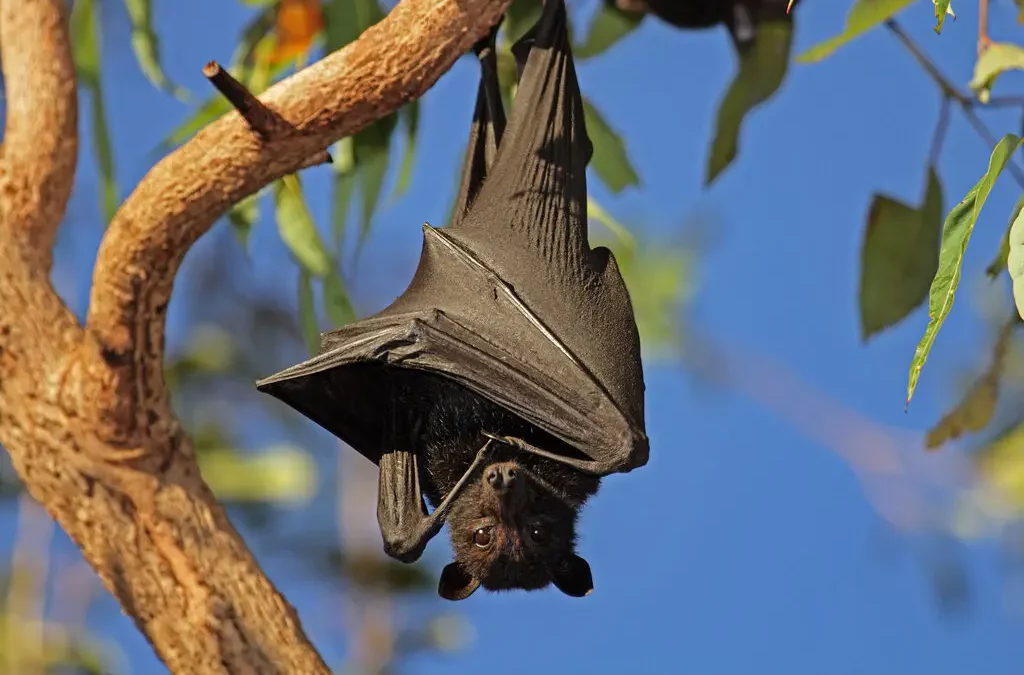
Deforestation brings bat-borne virus home to roost
Habitat loss and food shortages have pushed bats into closer proximity to horses and humans, fueling Hendra virus spillover, a new study suggests.

Almost 8,000 US shootings attributed to unseasonable heat
Research suggests climate crisis may contribute to increased gun violence by pushing temperatures beyond normal ranges
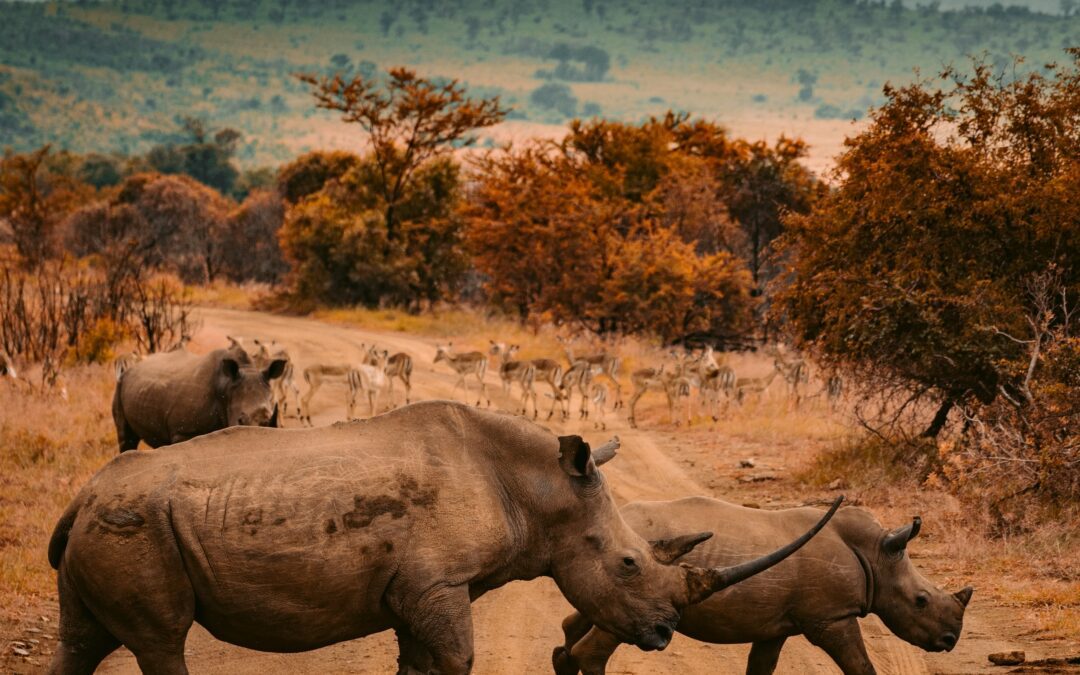
Scientists say planet in midst of sixth mass extinction, Earth’s wildlife running out of places to live
A 13-minute documentary with scientists Paul Ehrlich, Tony Barnosky, Liz Hadly, and Gerardo Ceballos.

Electric vehicles keep defying almost everyone’s predictions
There are now almost 30 million electric vehicles on the road in total, up from just 10 million at the end of 2020. E.V. market share has also tripled since 2020.

The water of life
In a landscape where nothing is certain and old patterns of control tighten their grip, Llewellyn Vaughan-Lee urges us to leave behind that which no longer nourishes us and work with the Earth toward a living future.

An early disruption event is starting for the Polar Vortex
Weather: An early disruption event is starting for the Polar Vortex, with pressure anomalies setting the stage for something bigger later in Winter
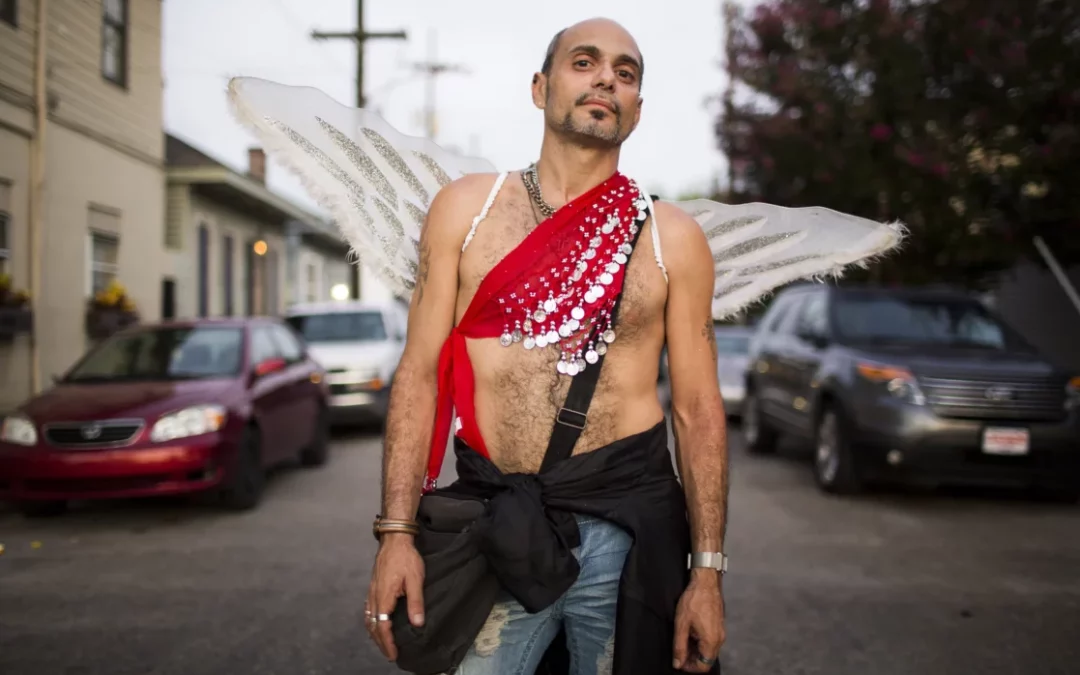
See the ties that bind Antarctica and Louisiana through one photographer’s lens
As the 2022 U.N. Climate Change Summit convenes, NPR’s Picture Show is featuring work by photographers that highlights the effects of climate change around the world.

Watching the world burn
As the planet reels from unprecedented heatwaves, floods, wildfires and droughts, you may be feeling a rising sense of unease or even panic.
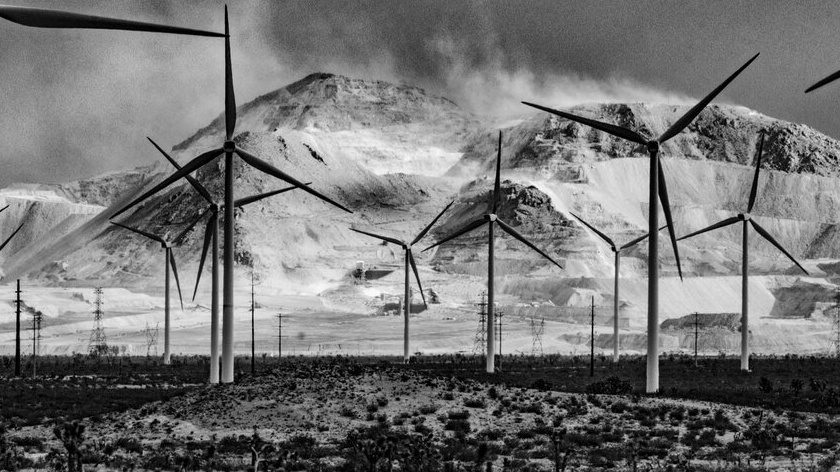
Beyond catastrophe a new climate reality is coming into view
You can never really see the future, only imagine it, then try to make sense of the new world when it arrives.

Our stuff weighs more than all living things on the planet
Our built environment now weighs more than all the living things, including humans, on the globe.
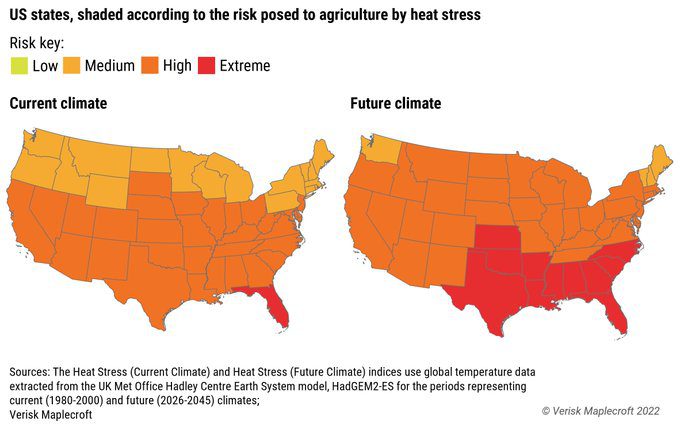
Majority of world’s food producers risk being cooked by climate change
Worsening global heatwaves pose a threat to 70 percent of the world’s agricultural and food production between now and 2045, a recent study by risk analysts Verisk Maplecroft has found.
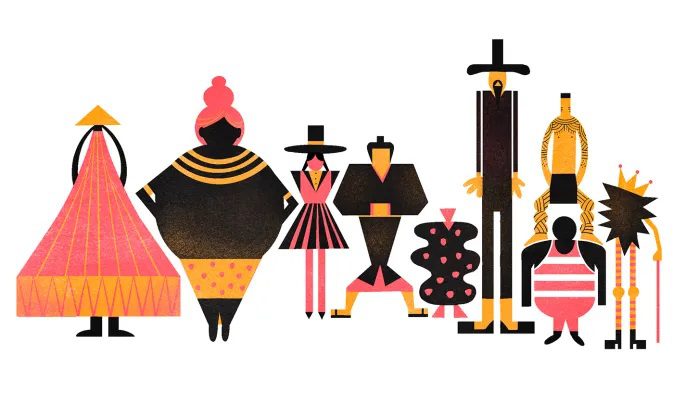
What does an ecological civilization look like?
An ecological civilization is both a new and ancient idea. While the notion of structuring human society on an ecological basis might seem radical, Indigenous peoples around the world have organized themselves from time immemorial on life-affirming principles.

